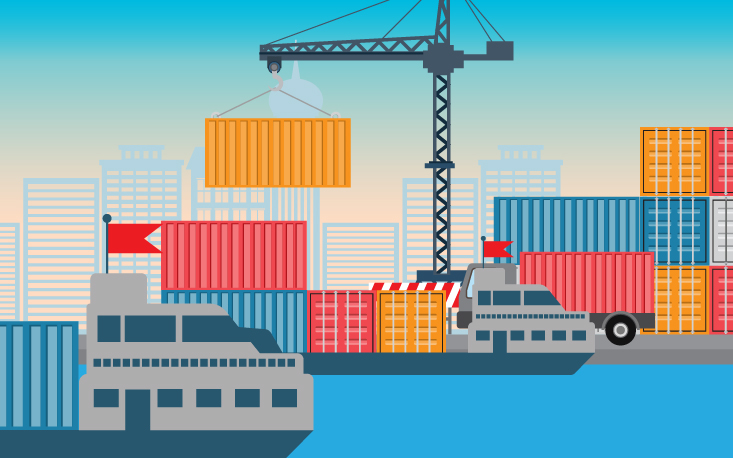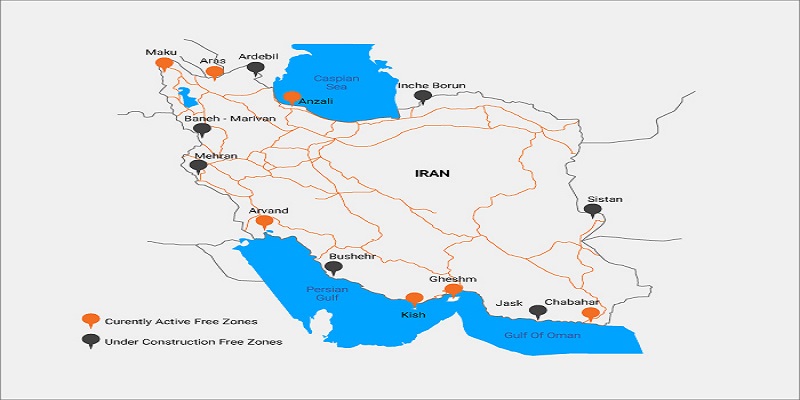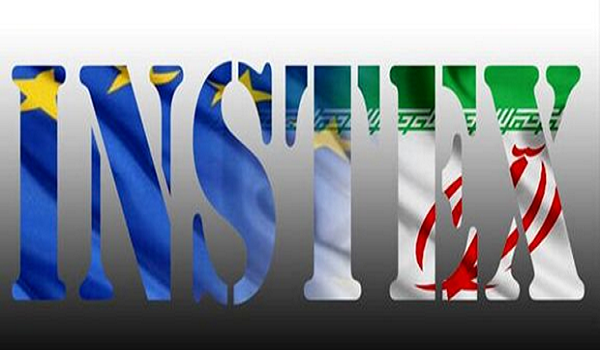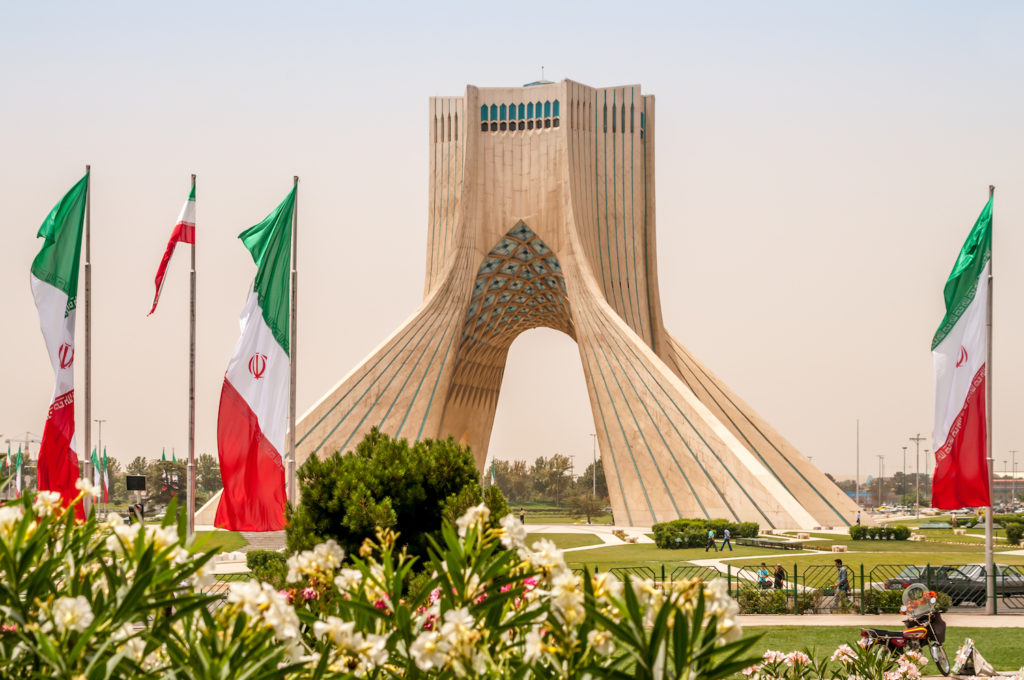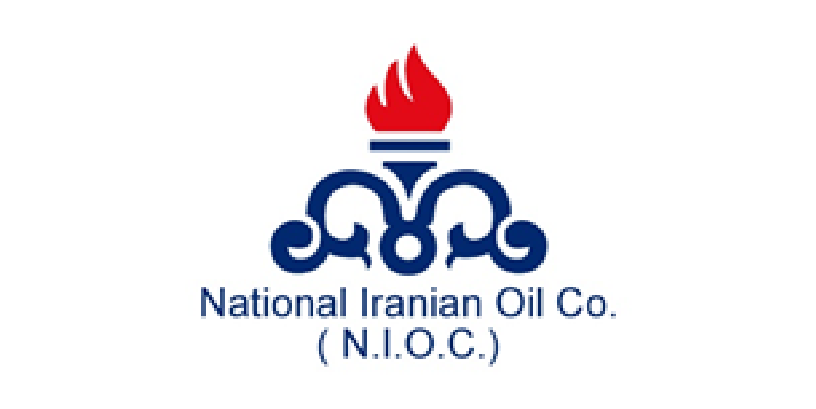Generally speaking, Trade-Industrial Free Zones (TIFZ) and Special Economic Zones (SEZ) are areas designated by the Iranian government to promote commercial activities for both local and foreigner through providing lenient conditions for conducting business.
While opportunities and incentives provided for conducting business in the TIFZs is discussed here, it must be noted that in Iran there are certain specific areas that have been reserved and designated as special economic zones. The SEZs offer investment in important areas in Iran such as infrastructure, utilities, and services. The SEZs are attractive in the investment scene as their geographical allocation establishes links with major centers of economic activity both domestically and also internationally as they reach the neighboring countries of Iran. The allocation of the SEZs has therefore created easier access for import and export of commodities and goods. The goods, commodities, machinery, and equipment that enter the SEZs enjoy a certain privilege as the trade laws differ in the SEZs. After being registered in customs, they will not be subject to the regular custom regulations in Iran and are therefore exempt from these regulations. As is stated in the Establishment and Administration of Special Economic Zones Act, the only limits and prohibitions with regards to import and export are those that are legal and lawful.
FTZs and SEZs have certain similarities and differences. The most important ones are highlighted and summarized below.
1) Entry to the zones: When it comes to the entrance for foreign persons in the FITZs, no entry visa is required to be able to enter these zones. The visa is instead issued at entrance to these zones. For the entrance of foreign persons in the SEZs the laws of the mainland apply, meaning that they have to apply for a visa, be granted a visa and upon that they are able to enter these zones.
2) Applying for investment: In the FITZs the foreign investors have to turn to the regulations that are applied especially for these zones. However, in SEZs, the laws on the application for investment are those that stem from the mainland.
3) Registration of a company in the free zones, including IP, trademarks, brands, patents, etc. In the FITZs all these matters are regulated by the authority especially formed for that zone, therefore, the foreign investor has to turn to the relevant authority. In SEZs, all these matters are settled by the laws of the mainland thus making them subject to the law of the mainland in this regard.
4) Amount/percentage of foreign capital investment allowed in the zones: In the FITZs there is no limit and therefore 100% of foreign capital investment is permissible. In the SEZs, on the other hand, they have to once again turn to the laws and regulations concerning foreign capital investment that exist in the mainland. It most cases though it has been seen that in SEZs as well as in the mainland 100% of foreign capital investment is also permissible.
5) Import of goods from abroad into the zones (these goods can be sold in the zones or they can be exported abroad to other countries but they cannot be imported to the mainland and sold there): Goods imported to the FITZs are exempt from taxes and duties but local levies and fees apply according to the services rendered by the executive departments. Exact same conditions apply in the SEZs. Also when re-exporting the imported goods to the zones or abroad they will also be free from all kinds of taxes and duties. This is the condition applied in both FITZs and SEZs.
6) Warehousing in the zones: Available having no grace period of clearance of goods. The same conditions apply in both zones.
7) Goods, semi-finished parts, raw materials from the mainland to the zone: If exported from the FITZs or SEZs they will be subject to general export-import regulation in the mainland.
8) Import goods from abroad into the zones and further import them to the mainland: Subject to the General Exports-Imports regulations in the mainland. These terms apply to both zones.
9) Unloading, loading, transit, and transshipment of merchandises abroad: Free from all kinds of taxes and duties, only warehousing and local charges shall be collected. Applicable in both zone.
10) Utilization of land and natural reserves: Land is sold and/or leased to the Iranian nationals, but only leased to the foreigners. The current situation in both zones.
11) Foreign Exchange rates: In the FITZs free market exchange rates available in the zone apply. In the SEZs the domestic banking exchange rates that are applicable in the mainland apply in the SEZs.
12) Retail selling: In the FTIZs three areas are prohibited from retail selling: Arvand, Aras, and Anzali. In the other zones, both foreigners and Iranians are allowed to engage in Retail selling. In SEZs retail selling is allowed in all zones however this activity is limited to foreigners only.
13) Offshore banking services and operations by the private sector: These actions are allowed and available in the FITZs but in the SEZs only domestic banking services are available and they must be operated by the state banks.
14) Protection of Foreign capital investment: In both zones, foreign capital is accepted, protected and guaranteed.
15) Social security, social insurance: In both zones the mainland social security regulations is enforced.
16) Labor law, labor, and industrial relations: These matters are subject to the regulations enforced in FTIZ. However, in the SEZs, the laws concerning labor applicable in the mainland of Iran are also applicable there.
17) Tax regulation: Investment in FTIZs enjoy a 15 year tax exemption, however, when investing in a SEZs they will be subject to the tax regulations that are applied in the mainland of Iran.
Bayan Emrooz Law Firm renders services to foreign and Iranian natural and legal persons in the field of investment in Trade-Industrial Free Zones and Special Economic Zone of Iran, including consulting, for entrance to the zone, registration of a company, branch and representative office, labor and tax laws and residency in the zones. Having an experienced and specialized legal staff, Bayan Emrooz is ready to provide the needed legal services in respect to investment and conducting business in Iranian Trade-Industrial Free Zones and Special Economic Zone.
Trade-Industrial Free Zones and Special Economic Zones in Iran
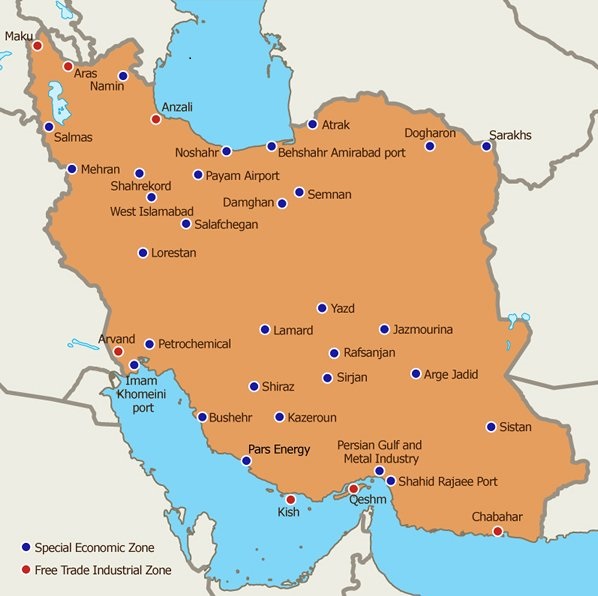
16
Aug
Reading Time: 4 minutes




